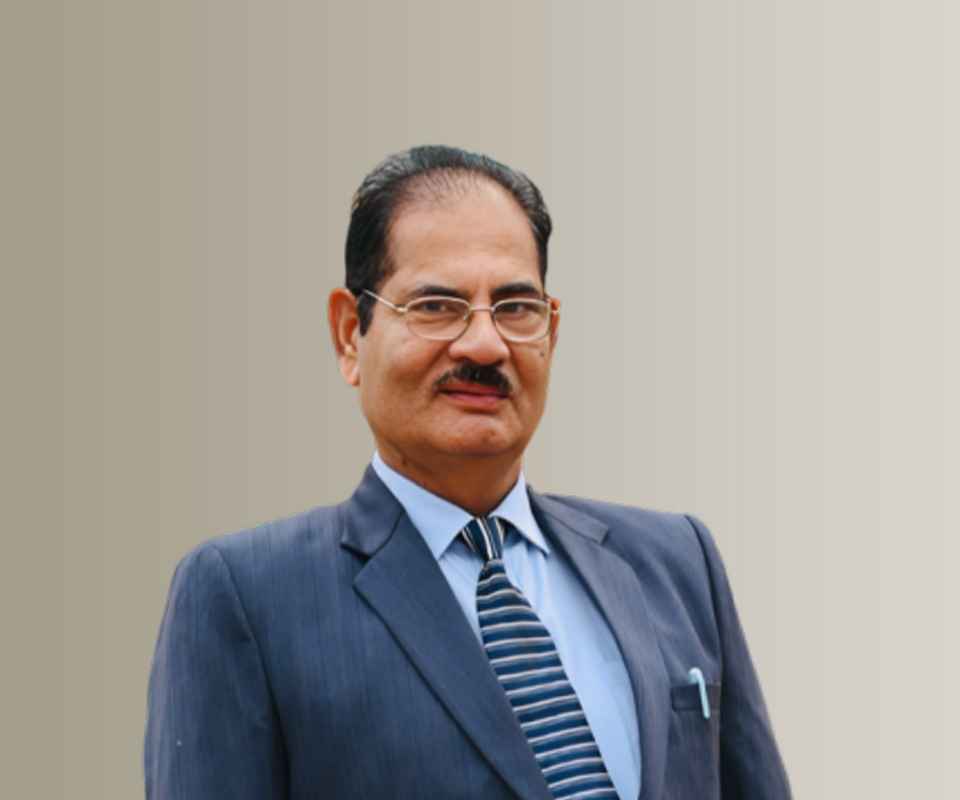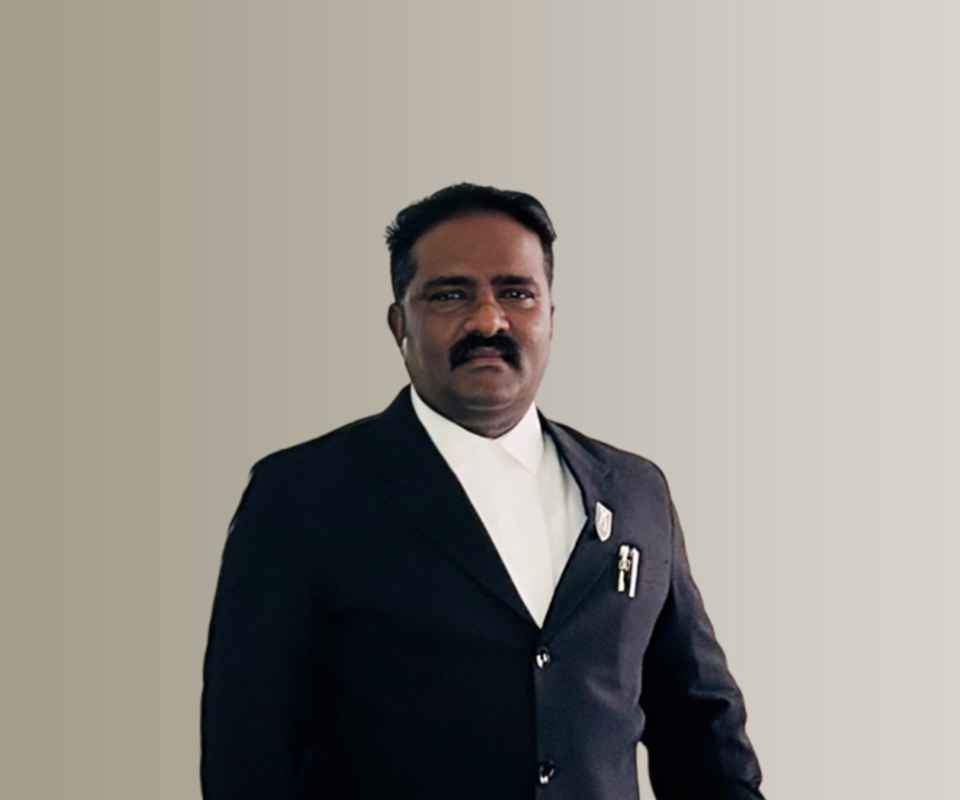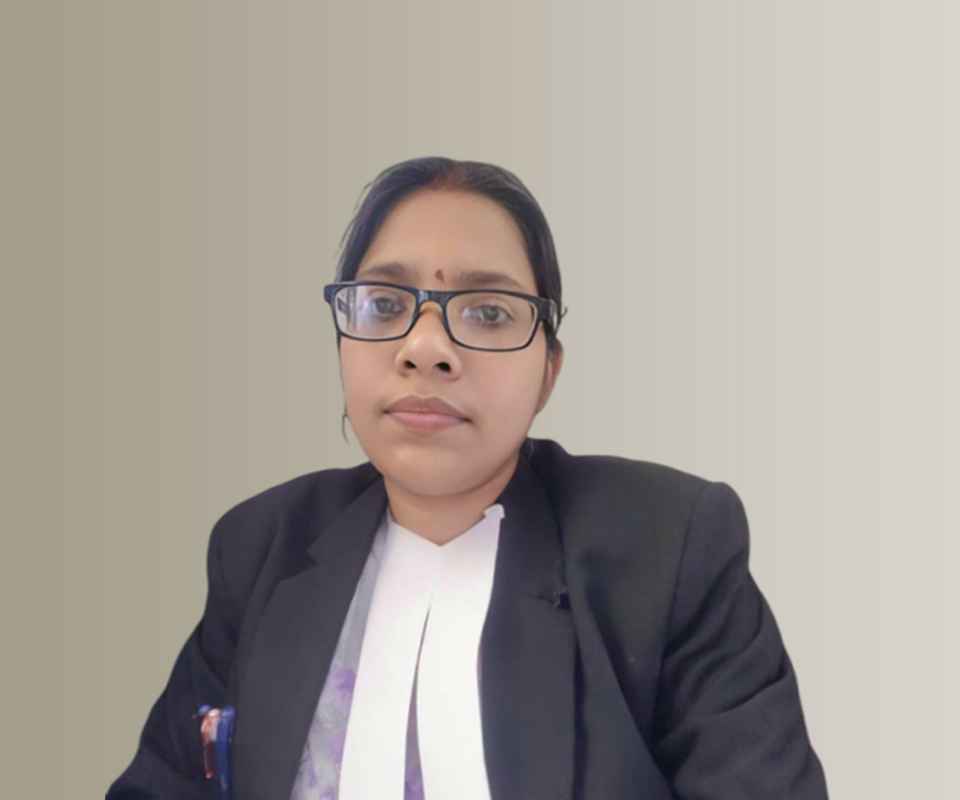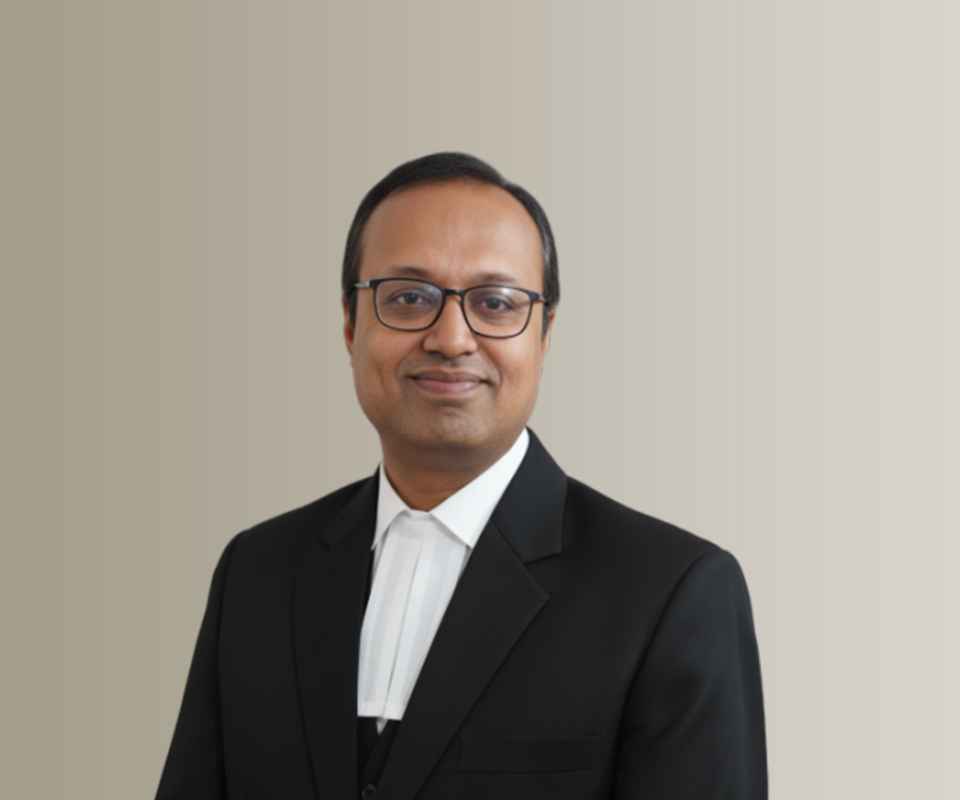Answer By law4u team
Bharatiya Nagarik Suraksha Sanhita, 2023 - Section 360: Withdrawal from prosecution.
The Public Prosecutor or Assistant Public Prosecutor in charge of a case may, with the consent of the Court, at any time before the judgment is pronounced, withdraw from the prosecution of any person either generally or in respect of any one or more of the offences for which he is tried; and, upon such withdrawal—
- (a) if it is made before a charge has been framed, the accused shall be discharged in respect of such offence or offences;
- (b) if it is made after a charge has been framed, or when under this Sanhita no charge is required, he shall be acquitted in respect of such offence or offences:
Provided that where such offence—
- (i) was against any law relating to a matter to which the executive power of the Union extends, or
- (ii) was investigated under any Central Act, or
- (iii) involved the misappropriation or destruction of, or damage to, any property belonging to the Central Government, or
- (iv) was committed by a person in the service of the Central Government while acting or purporting to act in the discharge of his official duty,
and the Prosecutor in charge of the case has not been appointed by the Central Government, he shall not, unless he has been permitted by the Central Government to do so, move the Court for its consent to withdraw from the prosecution and the Court shall, before according consent, direct the Prosecutor to produce before it the permission granted by the Central Government to withdraw from the prosecution:
Provided further that no Court shall allow such withdrawal without giving an opportunity of being heard to the victim in the case.
Brefe Detail
Section 360 of the Bharatiya Nagarik Suraksha Sanhita, 2023, outlines the procedures for withdrawal from prosecution by the Public Prosecutor or Assistant Public Prosecutor. It specifies conditions under which they may withdraw, the consequences for the accused, and requirements for cases involving the Central Government. Importantly, the victim must be given a chance to be heard before such withdrawal is allowed.
Question & Answers
Who can withdraw from the prosecution?
The Public Prosecutor or Assistant Public Prosecutor in charge of the case can withdraw from prosecution with the consent of the Court.
What happens if withdrawal occurs before a charge is framed?
The accused shall be discharged in respect of such offence or offences.
What if withdrawal occurs after a charge has been framed?
The accused shall be acquitted in respect of such offence or offences.
Are there special conditions for withdrawing cases involving the Central Government?
Yes, if the offence involves certain conditions relating to the Central Government, the Prosecutor must have permission from the Central Government to withdraw.
Is the victim allowed to be heard in the withdrawal process?
Yes, the Court must give the victim an opportunity to be heard before allowing withdrawal.
Example
- If a Public Prosecutor decides to withdraw charges against an accused before any charges have been framed, the accused will be discharged from all allegations.
- In a case involving the misappropriation of Central Government property, the Prosecutor must seek permission from the Central Government to withdraw the case, even if the Court is willing to grant consent.
Summary
Section 360 of the Bharatiya Nagarik Suraksha Sanhita, 2023, governs the process by which prosecutors can withdraw from criminal cases. It highlights the necessity of Court consent, the implications of such withdrawal for the accused, and the requirement to consult victims, particularly in cases involving the Central Government.







